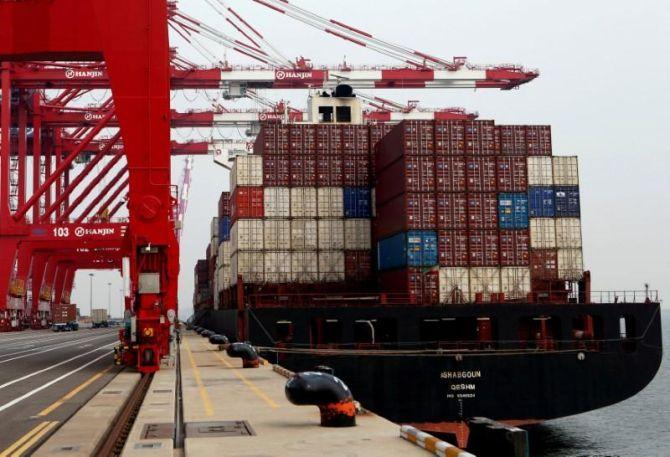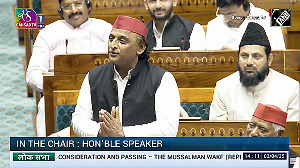Introduced in 2015 under the Foreign Trade Policy, the mega MEIS was created out of a merger of five existing reward schemes.

The government may extend benefits to exporters under the Merchandise Exports from India Scheme (MEIS) till March 31 next year, when the updated Foreign Trade Policy (FTP) 2020-2025 will go live.
The current deadline for the scheme to be disabled is December 31, 2019.
The government is also considering key suggestions such as introduction of industry rates for deemed exports and removal of pre-import conditions requirement in the Self Ratification Scheme.
The suggestions have emerged out of hundreds of meetings between the government and industry associations, people in the know, said.
Adding an array of agricultural products in the interest equalisation scheme and making extensive changes to schemes such as Export Promotion Capital Goods (EPCG) and Export Credit Insurance Scheme are also under consideration for the upcoming FTP, sources said.
MEIS cheer
The decision to extend MEIS benefits is expected to draw the biggest cheer from the industry, which had opposed its withdrawal.
Last month, the government had announced a new scheme named Remission of Duties or Taxes on Export Products (RoDTEP) to replace the MEIS for all goods exports.
Introduced in 2015 under the FTP, the mega MEIS was created out of a merger of five existing reward schemes.
It incentivises merchandise exports of more than 8,000 items now and is the biggest of its kind.
Exporters earn duty credits at fixed rates of 2 per cent, 3 per cent, and 5 per cent, depending upon the product and country.
Officials said the new RoDTEP would also be based on this method but the rates were yet to be decided.
For the EPCG scheme, the government is considering removal of annual average and keeping only specific export obligations.
Also, total exports of a third party will be counted as export obligation instead of only proceeds realised from third party by EPCG holder.
Other changes
Apart from taking a decision to soon implement the recommendations of the Baba Kalyani Committee on revamping Special Economic Zones, policymakers have turned to export oriented units (EOUs) to provide the next level of growth.
While duty benefits for infrastructure may not be extended, policy formulation, regulation, and administration may be brought under one roof for EOUs.
For deemed exports, the government may allow a reintroduction of all industry rate for drawback, which is now limited to only the brand rate.
The Centre may also include central excise duty on fuel in the drawback.
However, a suggestion to double the rate of interest on delayed payment to 12 per cent from the present 6 per cent may not be allowed, sources said.
On the other hand, for the advanced authorisation scheme, composition fee may be rationalised while norms may be fixed at a faster rate.
The new FTP is expected to have new chapters on services and e-commerce.
Photograph: Reuters












 © 2025
© 2025